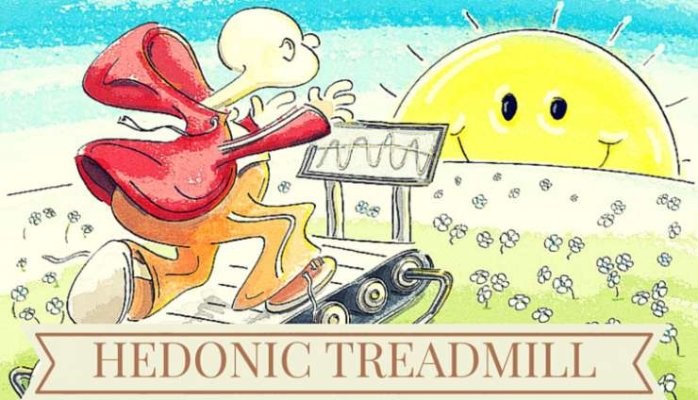I’m very fortunate to still be in touch with over 100 people from my childhood. Before every Yom Tov I try to share a D’var Torah with them. Here’s this year’s edition:
Whether you’ve read the Torah, the Haggadah or saw Cecil B. DeMille’s rendition, Passover looks like a standard freedom story – an oppressed people finally gained their freedom. But we can’t miss the fact that in this freedom story, the Creator of the Universe is one of the protagonists.
Our Sages question the need for G-d’s involvement. Surely He could have empowered the Jews behind the scenes to escape and survive, as has happened many times in history. Another difficulty is the fact that the Torah makes it quite clear that G-d wanted us to be enslaved in the first place.
The answer to these questions is that the Exodus is not about where we were coming from, it’s about where we are going to. Through G-d’s overt involvement and the subsequent receiving of the Torah, we became a unique nation with the unique potential to live a life of constant spiritual awareness by following the mitzvos of the Torah.
The Torah teaches us how to reduce our anger, our envy, our anxiety, our gossip, our self-centeredness and how to channel and elevate our physical desires. We’re also taught how to love our neighbors as ourselves and how to become givers who are looking to help others in the physical, monetary and emotional realms. These are some of the components of a lifelong spiritual growth process. It’s not easy, but pursuing any spiritual growth is a life game-changer.
Passover is the time to energize our growth and the primary vehicle is gratitude. By recounting our development from Abraham, through the Exodus, the Splitting of Sea, and the receiving of the Torah, we express our gratitude for the spiritual foundations that G-d has provided for us. The entire seder is filled with spiritual opportunities like eating Matzah, Maror, the Meal – and we thank G-d for each and every one of them.
Passover begins after nightfall (8:15 PM) on Wednesday. It’s a great time to avail ourselves of the spiritual opportunities by rounding up some matzah, wine, bitter herbs and a Haggadah. Here are some resources to help:
https://beyondbt.com/docs/OneMinuteGuideToPassover.pdf
https://beyondbt.com/docs/FiveMinuteSeder.pdf
https://beyondbt.com/docs/TenMinuteSeder.pdf
https://beyondbt.com/docs/ThirtyMinuteGuideToTheSeder.pdf
https://beyondbt.com/docs/HaggadahTranslation.pdf
We should all be blessed that our small spiritual steps result in a Sweet and Happy Passover.
Note: Take a look at this article https://jewishunpacked.com/got-10-minutes-this-is-the-quickest-kosher-seder/ about Rabbi Jonah Bookstein and the origins of his Ten Minute Seder, listed above.



